Wagner: Tristan und Isolde: Andreas Schager, Günther Groissböck, Camilla Nylund, Jordan Shanahan, Alexander Grassauer, Ekaterina Gubanova; dir: Thorliefur Örn Arnarsson, cond: Semyon Bychkov; Bayreuth Festival
Reviewed by Tony Cooper, 3 August 2025
A fine deuce! Camilla Nylund and Andreas Schager shine in the roles of Tristan and Isolde at the Bayreuth Festival
Based largely on the 12th-century romance, Tristan and Iseult, by Gottfried von Strassburg, Wagner’s Tristan und Isolde - widely regarded as the greatest paean to pure erotic love recalling the legendary days of King Arthur - is notable for the composer’s unprecedented use of chromaticism, tonal ambiguity, orchestral colour and harmonic suspension. Wagner’s inspiration for writing it was greatly influenced by the philosophy of Arthur Schopenhauer as well as by his love affair with Mathilde Wesendonck, the wife of the successful silk merchant, Otto Wesendonck.
While Wagner was working on Der Ring des Nibelungen he was intrigued by the legend of Tristan and Isolde, a tragic tale of forbidden love between Tristan, a Cornish knight and sea captain, and Isolde, an Irish princess. The scenario follows Tristan’s voyage to Ireland returning with Isolde to marry his uncle King Marke of Cornwall against her will. On their journey, Tristan and Isolde consume a love potion - being a daughter of a witch, I guess Isolde was used to potions and suchlike - which ultimately leads to an uncontrollable and passionate love affair leading to tragedy.
| Wagner: Tristan und Isolde (Act 2) - Andreas Schager (Tristan), Camilla Nylund (Isolde) - Bayreuth Festival, 2025 (Photo: Bayreuther Festspiele / Enrico Nawrath) |
The opera proved difficult to bring to the stage. Lots do, of course. Alois Ander, employed to sing Tristan, proved incapable of learning the part while parallel attempts to stage it in Dresden, Weimar and Prague came to nothing winning the opera a reputation as unperformable. Even the planned première on 15 May 1865 had to be postponed until Malvina Schnorr von Carolsfeld had recovered from a throat infection. The opera finally received it première on 10 June 1865 at the Königliches Hoftheater und Nationaltheater, Munich, with Hans von Bülow conducting and Malvina’s husband, Ludwig, partnering her as Tristan.
Having sung the role only four times, Ludwig died suddenly prompting speculation that the exertion involved in singing the part of Tristan had killed him. The stress of performing Tristan may have also claimed the lives of conductors Felix Mottl in 1911 and Joseph Keilberth in 1968. Both men died after collapsing while conducting the second act which, incidentally, Wagner finished at his home in Venice at Palazzo Giustinian overlooking the Grand Canal.
Eventually, Tristan found ground and was enormously influential to such distinguished composers as Alban Berg, Gustav Mahler, Arnold Schoenberg, Richard Strauss and, indeed, Benjamin Britten. In fact, during the playing of the Prelude, my thoughts wandered and caught up with the opening scene of Richard Strauss’ Der Rosenkavalier.
Enjoying 32 productions at Bayreuth between 1886 and 2022, this current production of Tristan, which first saw the light of day at last year’s festival thereby marking the 149th anniversary of its world première, fell to Icelandic-born director, Thorliefur Örn Arnarsson, making his début on the Green Hill.
So, too, is Lithuanian set designer and visual artist, Vytautas Narbutas, who created three impressive and imaginative sets fitting so well the overall scenario of such a fine and intriguing production. The conductor for this revival was Semyon Bychkov.

.png)


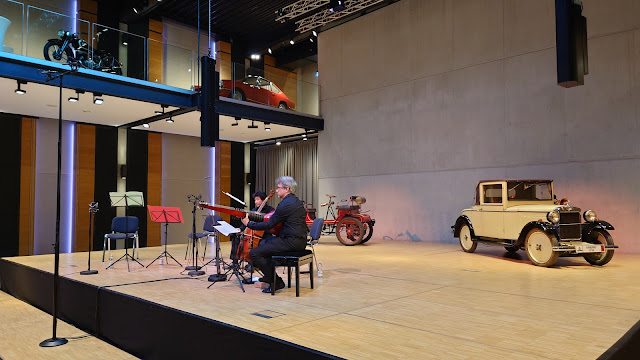

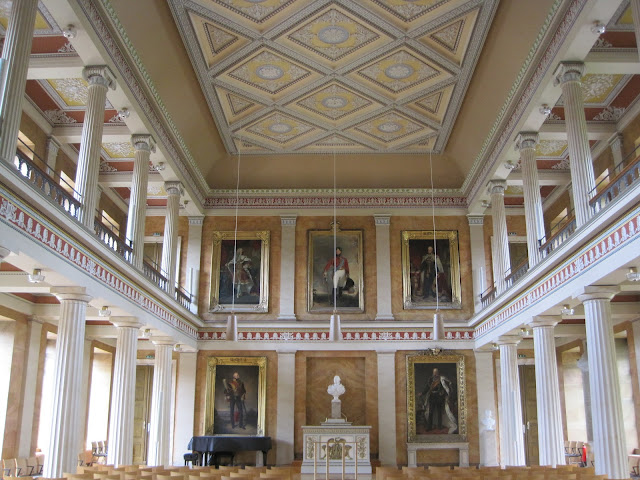


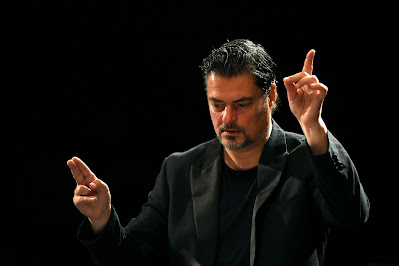
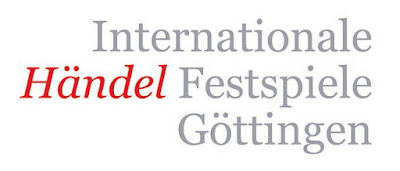
.jpg)
.jpg)
_R%C3%A9my%20Br%C3%A8s-Feuillet_Yuriy%20Mynenko_%C2%A9_Clemens%20Manser_G.jpg)
_Julia%20Lezhneva_Max%20Cencic_%C2%A9_Falk%20von%20Traubenberg.jpg)
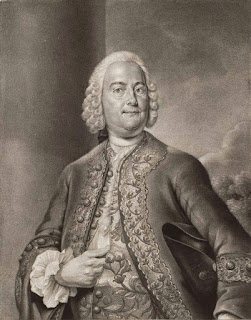

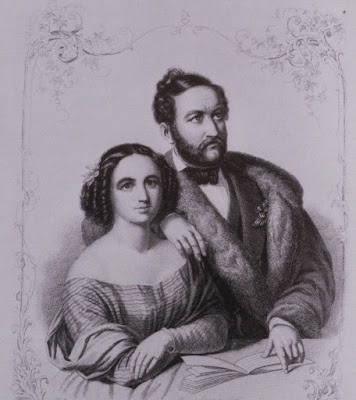
,%20Franco%20Fagioli%20(Poro),%20Maayan%20Licht%20(Alessandro)%20in%20Vincis%20Alessandro_%20Akt%201_(c)_Falk%20von%20Traubenberg.JPG)
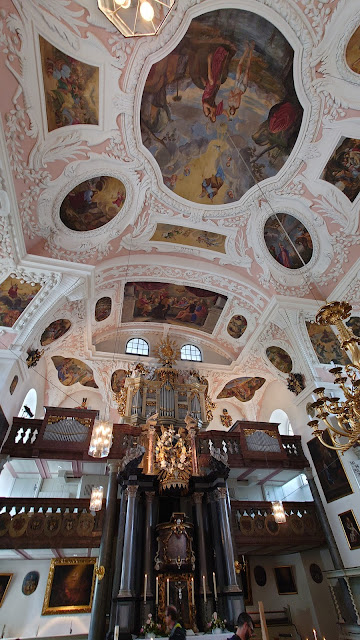
%20mit%20m%C3%A4nnlichen%20T%C3%A4nzern%20in%20Vincis%20Alessandro%20nell'Indie_Akt%202_(c)_Falk%20von%20Traubenberg.JPG)
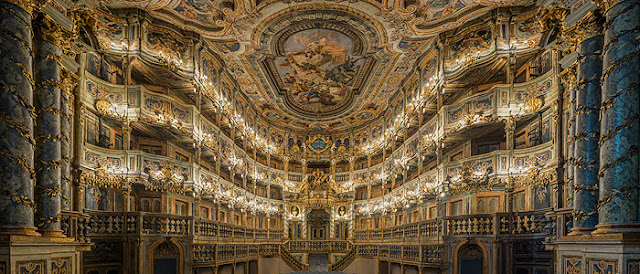

.jpg)

.jpeg)





.jpeg)